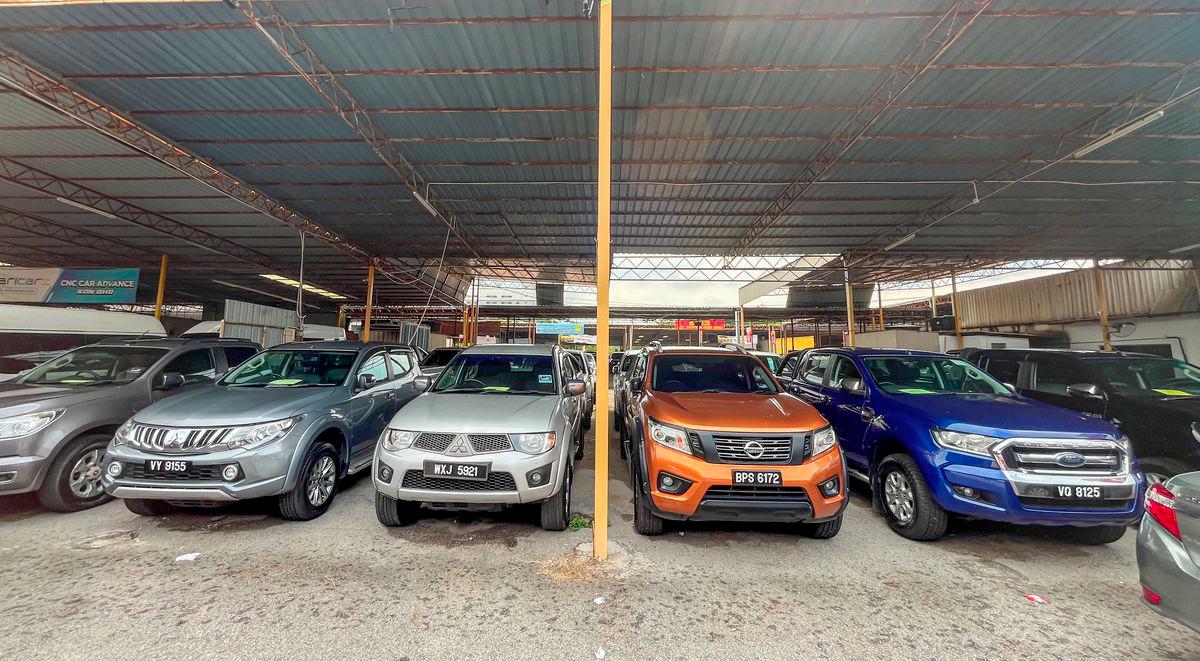KUALA LUMPUR: The proposed inclusion of Lemon Law under the Consumer Protection Act 1999 will protect buyers from purchasing defective vehicles and boost market confidence.
RHB Investment Bank Bhd stated this development could encourage consumers to consider new automotive brands.
Proton and Perodua are well positioned to comply with the new requirements due to their scale, after-sales network and quality systems.
The investment bank views the move as structurally positive for the sector as it improves transparency and raises industry standards.
Prime Minister Datuk Seri Anwar Ibrahim announced the Lemon Law amendments during the Budget 2026 presentation last Friday.
RHB Investment Bank maintained its neutral rating for the automotive sector due to weaker total industry volume expectations.
Sales volume normalisation is occurring in the second half while competition intensifies in the non-national segment.
The bank does not anticipate any near-term re-rating catalysts to boost total industry volume sales to record highs.
Meanwhile, Kenanga Investment Bank viewed the removal of excise duty exemptions on completely-built-up electric vehicles as positive for national brands.
National brands already have higher localisation rates and benefit from government additional rebates on national car purchases.
Imported completely-built-up electric vehicle duties will rise to between 30% and 100% starting January 1, 2026.
This includes reinstated import tax at 10% to 30% of the car’s price and excise duty at 50% to 100%.
Coupled with luxury vehicle tax exemption limits in Langkawi and Labuan, this could motivate forward purchases.
Kenanga targets above 800,000 units of total industry volume sales for this year.
Forward buying interest is also expected due to lack of clarity on new excise duty regulations for locally assembled vehicles.
The new excise duty regulations could have resulted in price increases of 10% to 30% for locally assembled vehicles starting January 1, 2026. – Bernama









